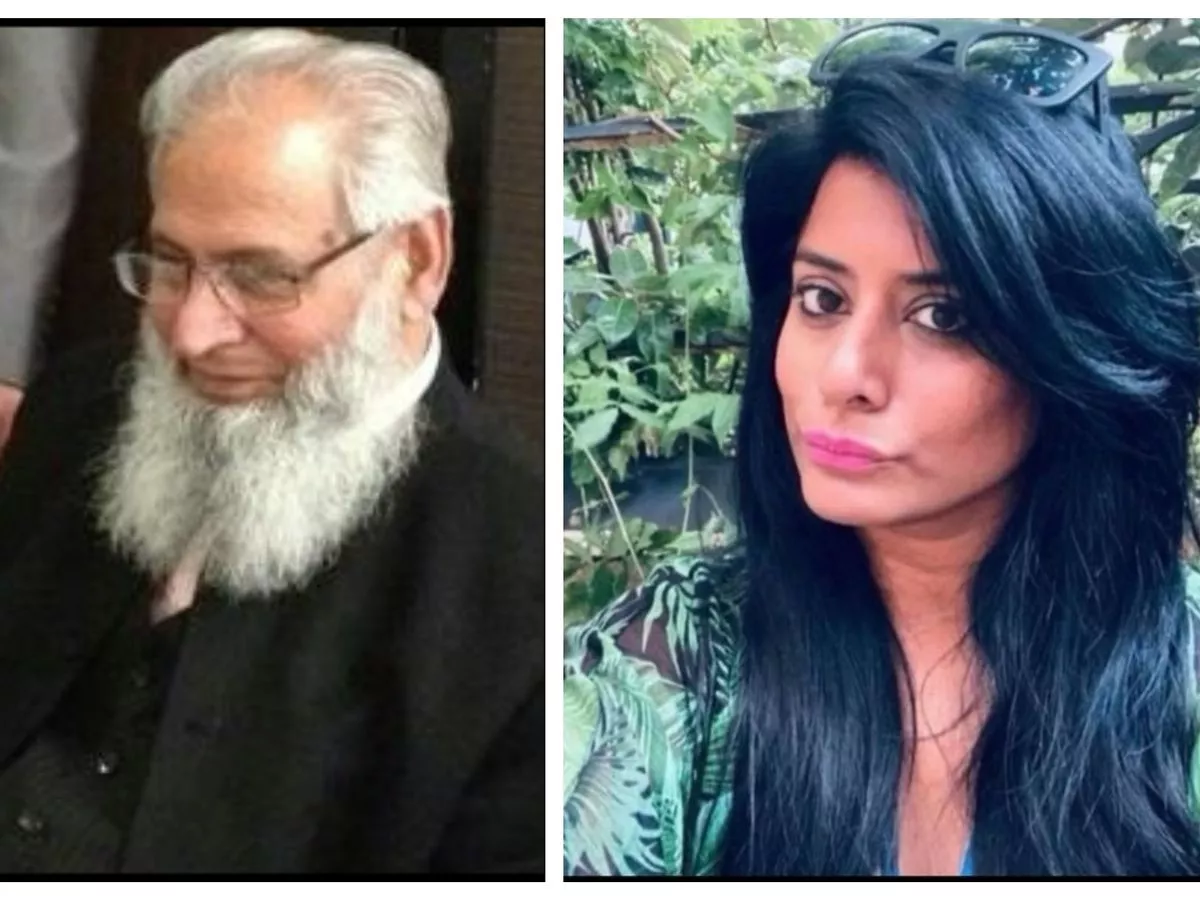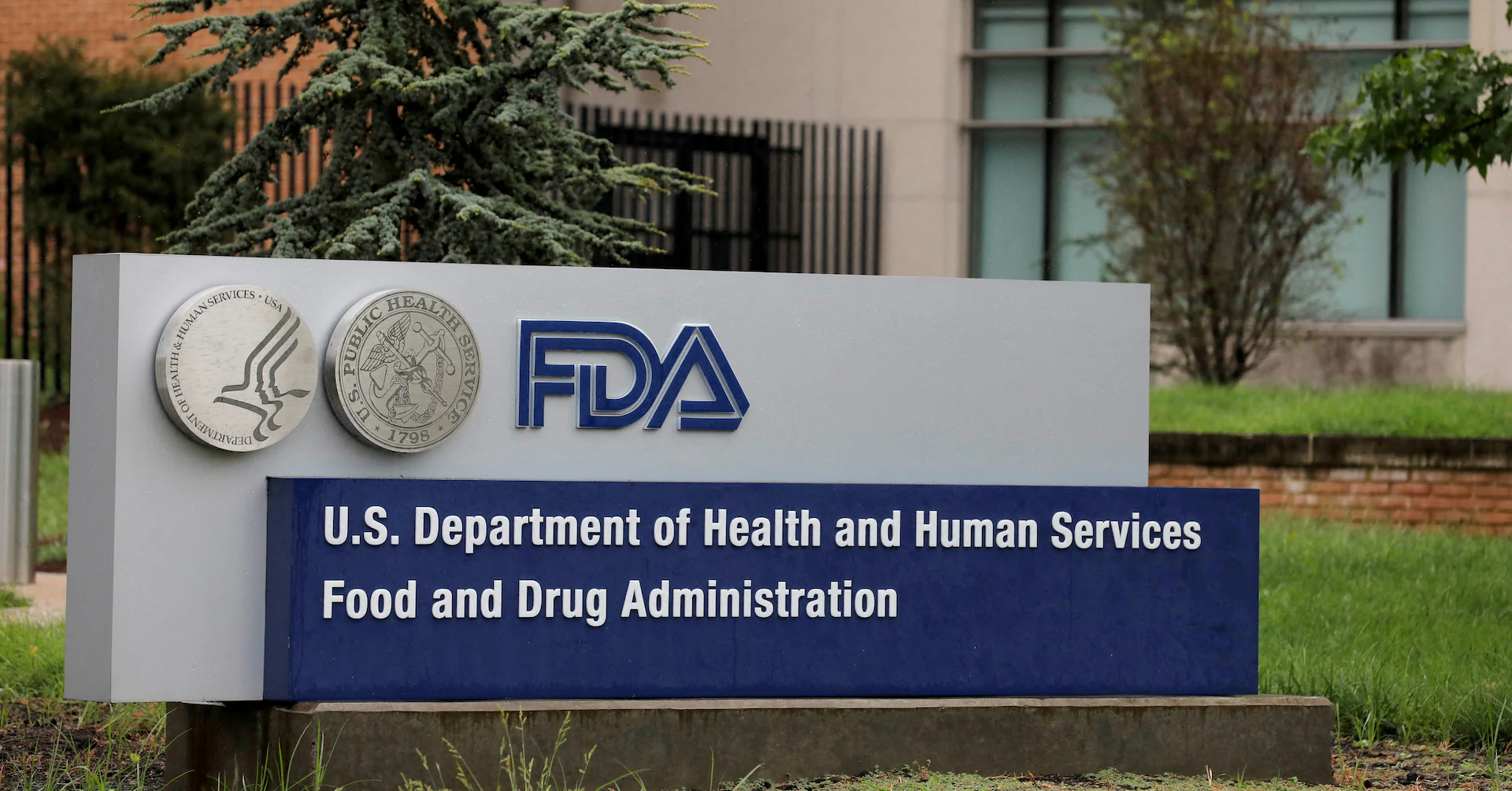By Jane Haynes
Copyright birminghammail

It’s been 12 years since grandfather Mohammed Saleem was stabbed in the back as he walked home from his local mosque in Small Heath . It was a murder that shocked the city to the core, and left a family devastated. A smiling, well-respected elder and devoted family man, Mohammed’s life was snuffed out by a terrorist full of hate, who believed in white supremacy and the threat of an Islamic ‘takeover’. Now that his killer Pavlo Lapshyn has died – found dead in prison last week – it would be reassuring to believe the racist ideology that fuelled his fury was a relic of the past. READ MORE: Family of murdered Muslim granddad ‘forgive terrorist killer’ as they learn of death in jail But those involved in the tireless fight against racism and fascism in Birmingham, the everyday experiences relayed by residents across the city and region, and the increasingly race-focussed rhetoric of politicians and media outlets tell a different story. Maz Saleem, youngest daughter of Mohammed, raised in Birmingham but now living in London, fears the current climate is legitimising far right views – and the only way to push back is by uniting to call it out and refusing to let it fester. Maz, currently unwell and recently hospitalised, has been praised for the powerful statement she released on hearing of the death of Lapshyn last week. In a heartfelt social media post, she wrote that she had forgiven her father’s killer, despite the loss endured, and that being unwell had crystallised her position. She told BirminghamLive: “Only recently I made the decision to forgive Pavlo Lapshyn. Carrying that hatred in my heart consumed me and damaged my mental and physical health. “Of course I had negative feelings towards him – how could I not? – but he is gone now. Holding on to hate gets us nowhere. “We have to move forward, we have to heal, and we have to keep fighting for justice in a way that builds unity rather than division.” The shocking death of her father and its aftermath, including Lapshyn’s later attempts to bomb mosques around the West Midlands before he was caught, shaped Maz’s life as a social justice campaigner and anti-racist activist, she said. She revealed: “Over the past decade, I have worked tirelessly to fight racism and fascism in this country, campaigning for justice not only for my father, Mohammed Saleem, who was murdered by a far-right terrorist, but also for others like Shukri Abdi and Mariam Mustafa.” READ MORE: Birmingham residents present ‘colourful’ alternative to flying St George’s flags Shukri, 12, tragically drowned in a river, her death triggering a wave of anger amid claims of racist bullying. Mariam, 18, was attacked at a bus stop and knocked unconscious, later dying in hospital. In both cases their families and communities said justice was not done. Added Maz: “I have stood alongside refugee communities and those facing hate crimes, speaking out against the rising tide of Islamophobia and racism. “Last year I was racially attacked on the Tube, simply for wearing a (traditional Arab headdress) keffiyeh. “The attacker called me a Nazi, and it took me personally over a year to fight and challenge the British Transport Police to get him charged. This shows how difficult it still is for victims of hate crime to see justice.” She described the current political climate as “frightening”; and with it the media coverage of politicians and divisive figures and commentary. “The media coverage is often biased and sickening, demonising refugees and fuelling division. Both right-wing and left-wing governments have failed to take proper responsibility for tackling this hatred. “Our communities urgently need unity, compassion, and strong voices to challenge this hate. We must ensure hate crimes are taken seriously, victims are fully supported, and the narrative in the media changes to reflect the real harm being done to marginalised communities.” She is not alone in pressing for unity. In a statement released yesterday, Monday 29 September, Birmingham United Against Racism urged politicians, community organisations and residents to reject division. The group, comprising community leaders from across the city, said more people must stand up to say ‘not in my name’. They said: “We are deeply alarmed by the rise in racist attacks taking place across our city, including the rape of a woman in Oldbury and the attack on a 12 year old boy in a park in Yardley . “Birmingham has long stood as a proud symbol of diversity, solidarity, and community — but these recent events threaten that identity. “We are especially concerned about the growing anti-migrant and xenophobic narratives being pushed in political discourse and the media. These narratives are not just words — they are fuelling racism and directly contributing to the uptick in racist abuse, harassment, and violence we are now witnessing on our streets. “Let us be clear: this is not acceptable, and it must not be allowed to continue. “We call on our political leaders, the Leader of Birmingham City Council John Cotton, the West Midlands Mayor Richard Parker, and the West Midlands Police and Crime Commissioner Simon Foster, to break their silence. We urge them to publicly and unequivocally condemn these racist attacks and the toxic narratives that are enabling them. “Racism is not a fringe issue. It is a threat to the safety, dignity, and cohesion of our communities. Our leaders must show moral courage, not political convenience. “We also call on all Brummies — of every background — to stand united against hate. We must not allow division to take root in our city. Now, more than ever, we need collective action, solidarity, and leadership that reflects the values of justice, equality, and humanity.”



